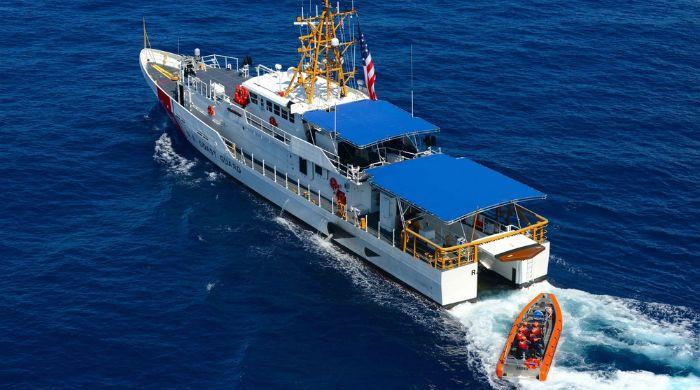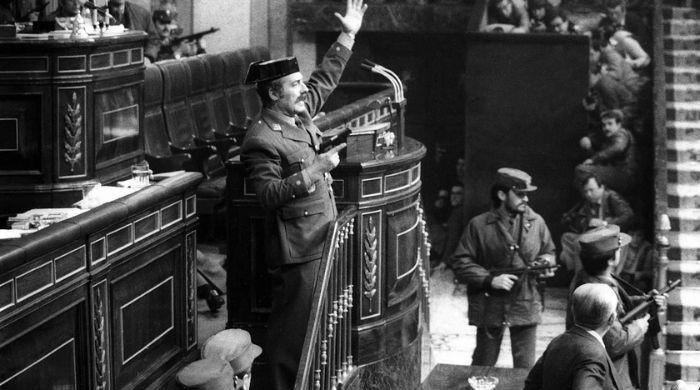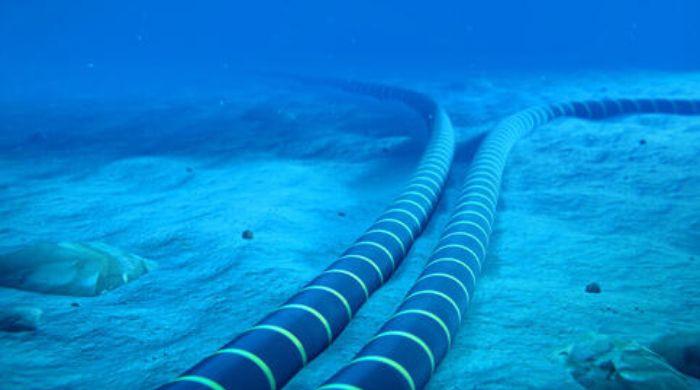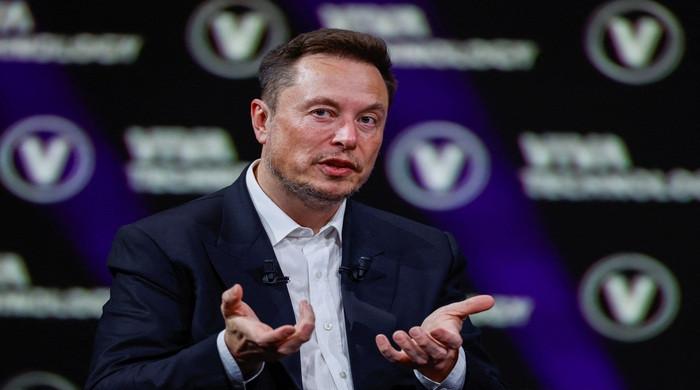In race to COP30, EU considers ‘emergency brake' for 2040 climate target
Internal draft shows EU mulling flexibility in 2040 emissions target
November 03, 2025
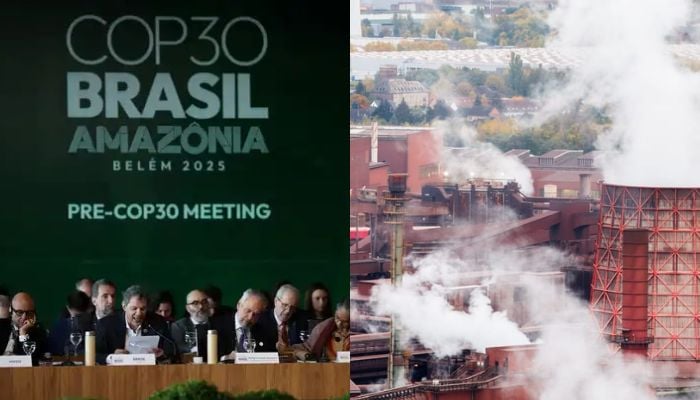
In a bid to secure a deal among divided member states, the European Union (EU) is proposing a last-minute “brake clause” that could weaken its flagship 2040 climate target.
As reported by Reuters, the latest draft text circulated on Sunday, November 2 suggests that if carbon absorption by forests and other land-based activities falls short, the EU would be permitted to propose “an adjustment of the 2040 intermediate target corresponding to and within the limits of the possible shortfalls.”
With this clause, there will be a major flexibility into the EU’s plan to cut planet warning emissions by 90% by 2040.
According to the report, Europe's natural carbon sinks have lost about a third of their ability to absorb CO2 over the last ten years.
This is attributed to worsening wildfires, pests, and unsustainable forestry across the EU.
This clause replicated a French proposal that previously proposed a similar “emergency brake” that could reduce the target by up to 30%.
EU environment ministries are racing against the clock as they are officially scheduled to meet on November 4 to approve the target.
This deal is highly critical for the EU's leadership position at the UN’s COP30 summit, which starts on November 6.
Failure to any agreement on the set target would weaken the bloc position at the critical global talks as the solidified goal lacks.
While the Danish presidency which suggested the compromise, expressed optimism that a deal is within reach, contentious negotiations continue.
The potential debatable points include biennial reviews of new targets and use of foreign carbon credits.
Additionally, the brake clause is likely to draw criticism from environmental groups as a dilution of climate ambition.
But, for a government that prioritizes economic costs, it may be the necessary concession to secure an agreement.




